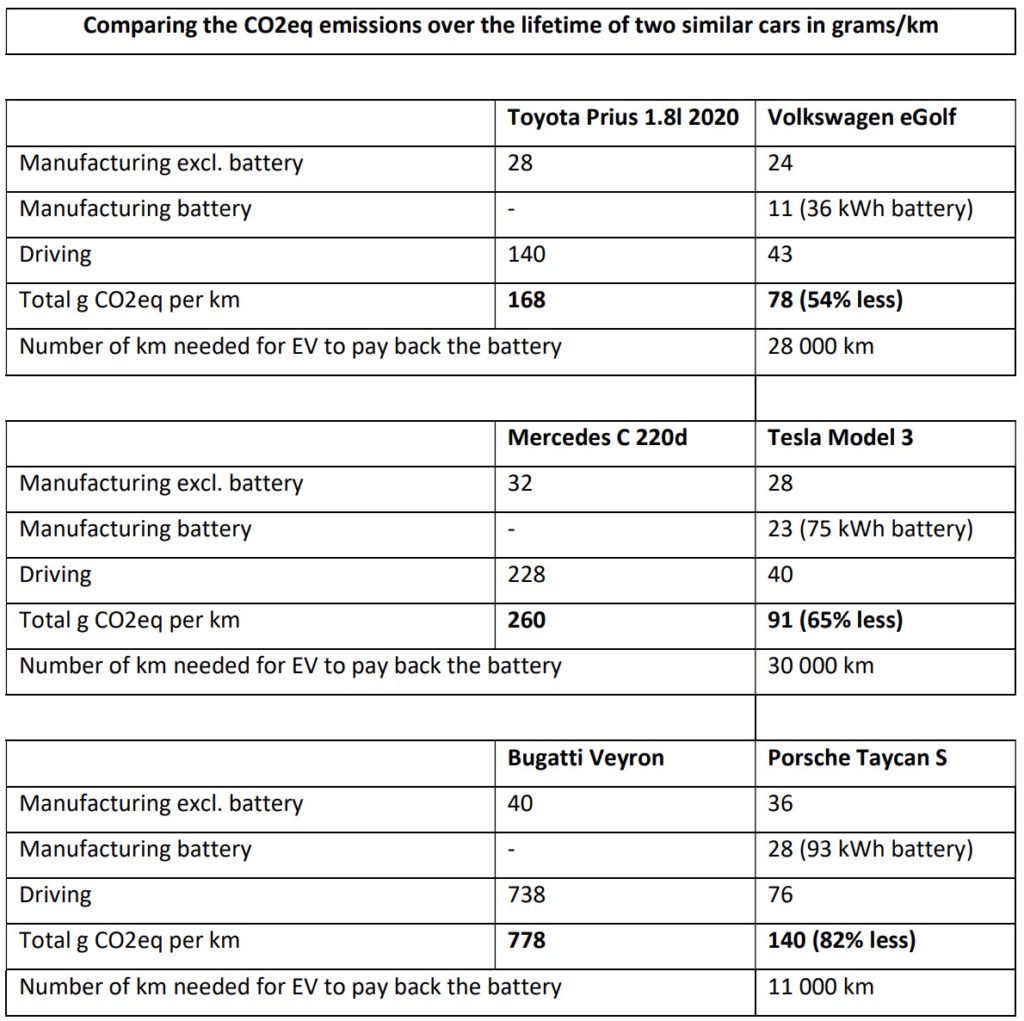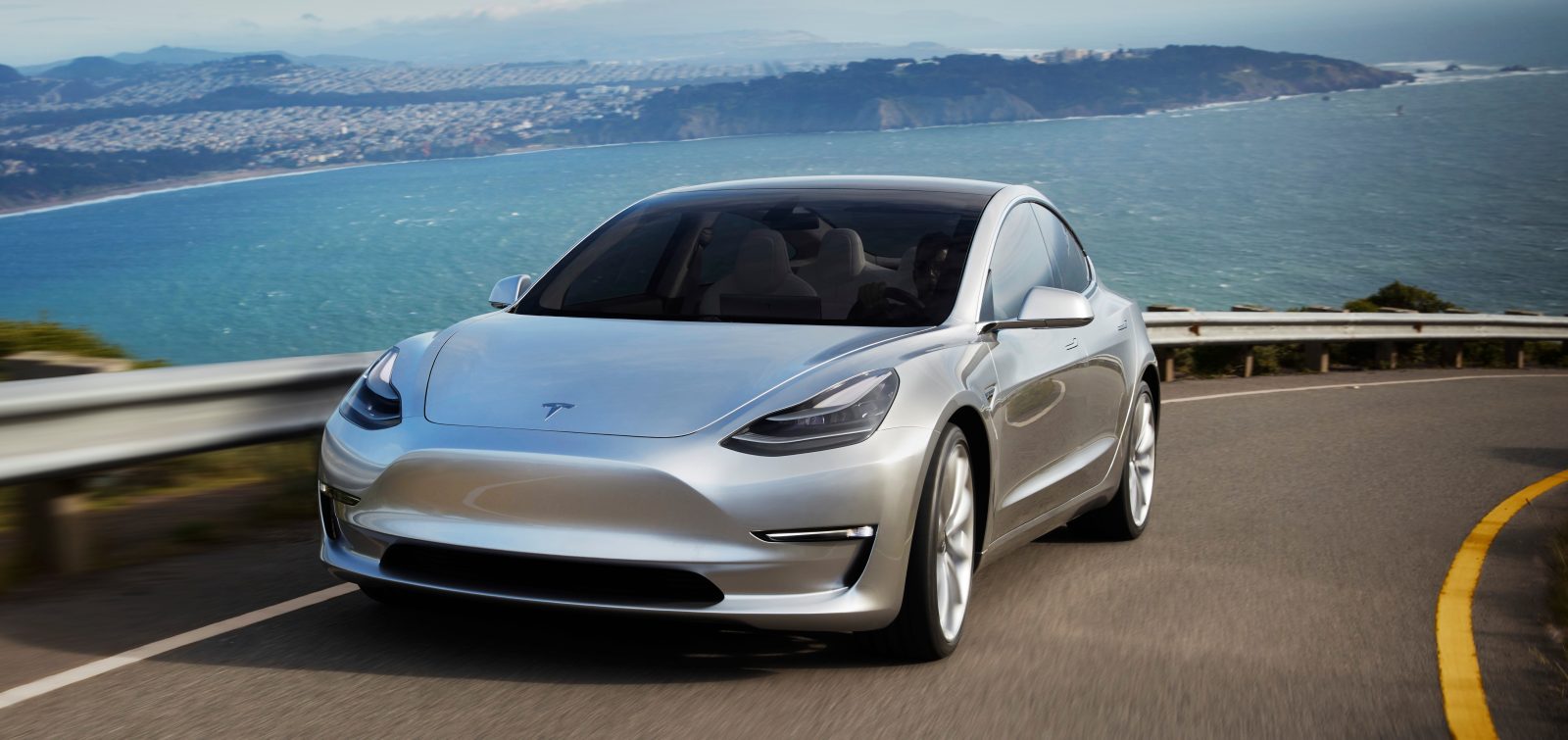A new study from Eindhoven University of Technology found that the Tesla Model 3 emits about 65% less lifetime emissions than the gas-powered Mercedes-Benz C-Class.
Last year, a similar study was conducted, coming out of Germany, with much different results. The study claimed electric cars are worse for the environment than diesel and gas-powered vehicles. The study, of course, made headlines, but has since been debunked due to the fact that it is severely flawed.
The study from Eindhoven University of Technology focused on 6 specific mistakes made in previous studies. These mistakes include exaggerating GHG emissions of battery production, underestimating battery lifetime, assuming electricity will not get cleaner over the lifetime of the car, using laboratory tests paid for by manufacturers themselves, excluding or downplaying fuel production emissions, and ignoring the larger system.

According to the researchers of Eindhoven University of Technology “Scaling up and smarter engineering (e.g. preserving heat in the manufacturing process) have dramatically lowered the energy that factories require to produce battery cells. At the same time the electricity used is steadily decarbonizing. All this is reducing the EV’s ‘climate backpack’ but many EV-critical studies ignore this. Examples are Buchal, Karl and Sinn, ADAC, ÖAMTC and Joanneum Research that assume battery production will emit 175 kg CO2 per kWh of battery. They base this on one highly controversial study from 2017. But this study was updated in 2019 and concluded it was now 85 kg CO2 per kWh of battery which halves the ‘climate backpack’ of the electric vehicle. Mazda published a paper in 2019 using even older numers. Based on a list of recent publications we assume a range of 40 to 100 kg/kWh with a mean of 75 kg/kWh.”
See the full study from Eindhoven University of Technology below:

